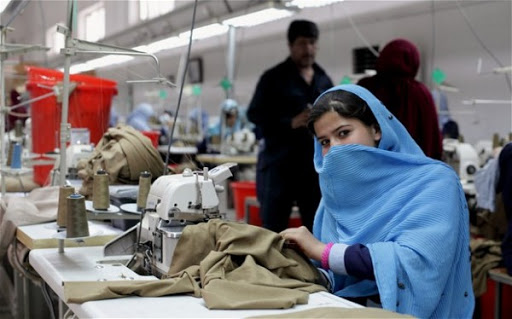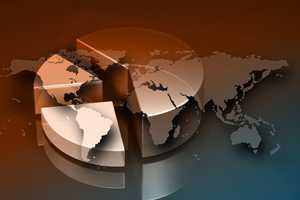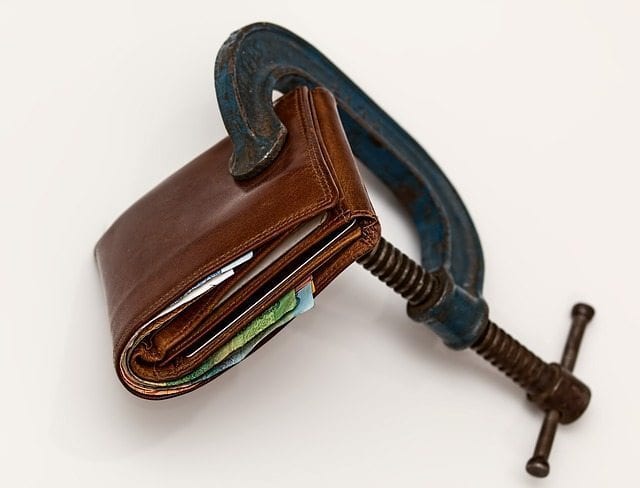
As Afghanistan marks its 101st Anniversary as an independent state, both the international community and the Afghan people themselves are concerned about the country’s future pathway.
Since the fall of the monarchy the political system in Afghanistan has suffered a few major crises. The establishment of the Jihadi regimes and anti-patriotic coup along with global colonialism have resulted into the country’s destruction and led to the rise of Taliban. Moreover, President Ghani’s predecessor Hamid Karzai has led the country to a corrupt state unable to deal with the terrorist groups and Taliban.
Invaded by various foreign-backed powers and different political ideas (left and right) Afghanistan has lost its national identity and failed to build its own economic and political system. Torn with corruption, bloodshed and terrorism over the decades, the country today, as some analysts believe, could be saved by a Third Way. The Third Way is a philosophy used to describe the voice of masses, the silent majority of people all the world, including Afghanistan.
The Afghan society needs a reform. The Third Way and adoption of it by a society can lead Afghanistan to a modern state, different from which the country has experienced over the pat 40 years. The Third Way is based on the idea of establishing a secure and sustainable state where the rights of the citizens are respected regardless the influence of any political parties or social groups and ethnic, racial and religious beliefs. Ensuring security and social justice in Afghanistan can be reached through following the several principles.
A balance of Power. Afghanistan has enough of security and defense to maintain and consolidate the national power. Supported by a strong and professional political leadership with pro-national interests Afghanistan will be able to defend its sovereignty and territorial integrity.
A balance of domestic politics. The political and economic strategy of Afghanistan should be focused on creating sustainable living environment for its citizen and development of the economic and labor system that will allow Afghan citizens to use the country’s national resources and increase their living standards. In this scenario the Afghan people will stop looking for any possible ways to leave the country.
Balancing of economic growth and regional development will allow Afghan people to supply with jobs and comfortable life not only in major cities but also in the country’s provinces.
Finally, to achieve a Third Way the political system of the country should be based on national and democratic principles. The national principle means the country should use its own capacities and resources, while the democratic principle means that there is no other political regime acceptable in the country, but democracy.
By listening to the needs of the society and recovering its national values Afghanistan in the long-term perspective could become a safe and sovereign state with a sustainable economic growth.







